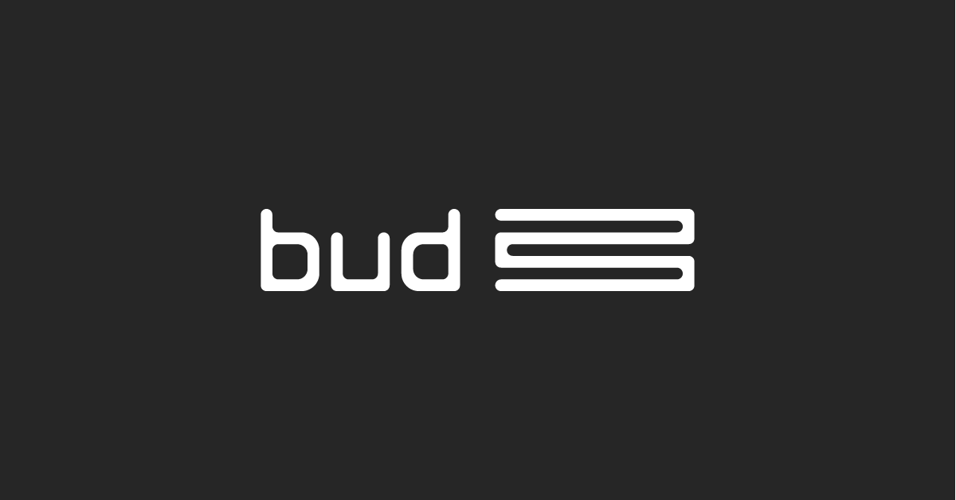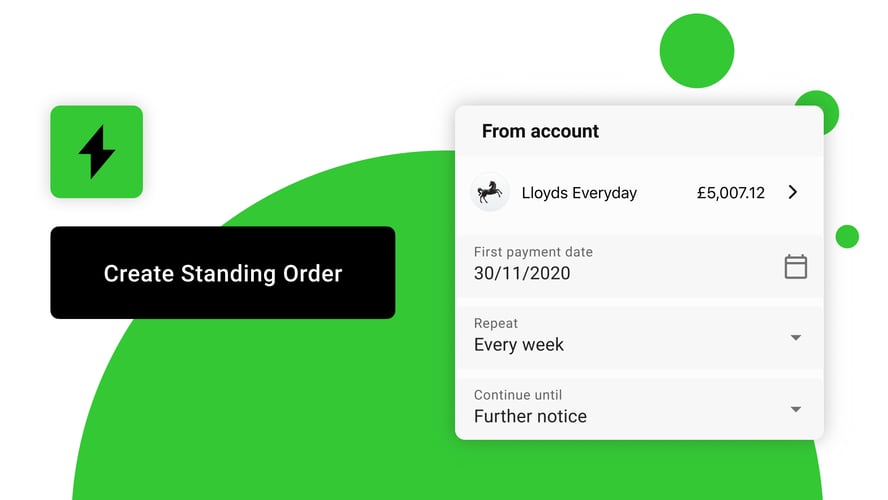In the life of a developer, nothing stays the same for too long. Languages evolve, and new ones emerge, meaning we’re constantly required to test our skills as we build systems and platforms used the world over.

Michael Cullum, Backend Developer at Bud
With PHP, this is no different. Once seen as a ‘stepping stone’ language, with many engineers turning their expertise elsewhere after learning their trade with PHP, the last few years have seen it develop into a more serious and mature programming language. For those of us working with it, the improvements have been immeasurable.
One example of this is that, in 2019, PHP is much more of a broad church. Since 2012, the growing prominence of Composer has facilitated the sharing of top-class libraries, removing a lot of the heavy lifting for individual devs, allowing them to focus on building their own business logic. This culture of collaboration has improved the quality of these frameworks exponentially, too.
Standards groups such as PHP FIG have done a lot to champion this new way of working, with solutions now shared across libraries and frameworks in great volume and even greater simplicity. Combine this with things like the recent introduction to PHP core of Libsodium, a software library designed for all things encryption, and it’s little wonder the language is being taken more seriously by the wider tech community.
In fact, it’s these outside influences that have been instrumental in bringing PHP forward. As it matures, PHP has taken inspiration from a range of languages including Java. Recent versions have seen a focus on typing and object-oriented functionality, allowing code to be written in a more robust way — as well as being much easier to maintain. With these improvements come a renewed sense of reliability.
As a result, the language has been able to spread its wings. PHP remains well-suited to web applications — think blogs, forums and CMSes — and APIs, one of the reasons it’s Bud’s weapon of choice as we continue to scale, but its capabilities are now far-reaching.
The improvements I’ve mentioned mean that long-running background tasks, or daemons, and command line applications now fall comfortably within the language’s remit, and it continues to improve as we see it opening up the possibilities of asynchronous applications.
For engineers, it’s this increased potential that PHP represents that has helped instil some excitement around the language. With PHP 8 on the horizon, there is a growing feeling that the sky really is the limit. If you want to hear more about how we’re using the language at Bud, or our open developer roles, get in touch.






